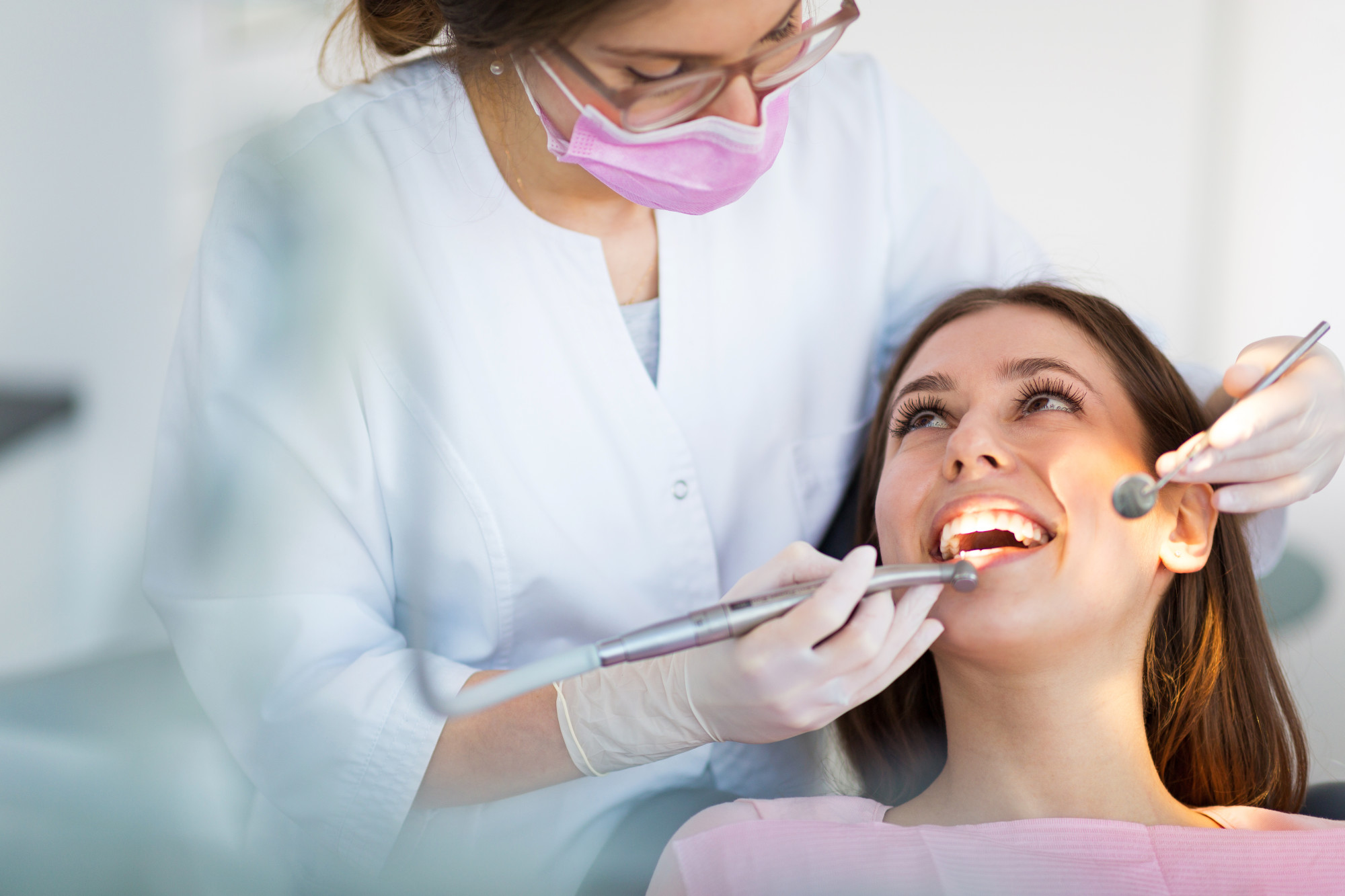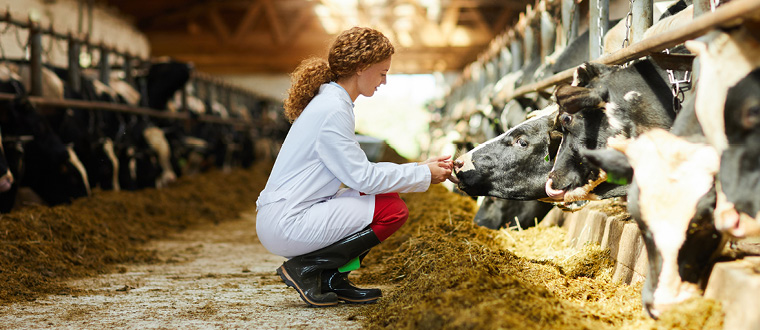Stories you may like
Dental hygienist
As a dental hygienist, you'll educate and motivate patients in the care of teeth and gums, provide treatments to prevent oral problems and offer oral hygiene and dietary advice.
You can work in a variety of settings, such as general dental practices, hospitals, within the community or independently. Patients can range from young children to the elderly with a variety of dental care needs.
Dental Hygienist Job Role
Primary Responsibilities
-
Patient Care & Preventive Treatment
-
Perform dental cleanings (removing plaque, tartar, and stains).
-
Apply preventive treatments like fluoride and dental sealants.
-
Conduct oral health assessments, including checking for gum disease and cavities.
-
Take and develop dental X-rays.
-
Assist the dentist during examinations and procedures.
-
-
Oral Health Education
-
Educate patients on proper brushing, flossing, and diet for oral health.
-
Provide guidance on oral hygiene products and preventive care routines.
-
-
Clinical Duties
-
Record and update patient dental histories.
-
Administer local anesthetics (in some regions, depending on license).
-
Perform periodontal (gum) therapy, such as scaling and root planing.
-
Sterilize and maintain dental instruments and equipment.
-
Skills & Competencies
-
Strong knowledge of dental anatomy, hygiene, and disease prevention.
-
Patient care and communication skills.
-
Attention to detail and manual dexterity.
-
Ability to operate dental instruments and imaging equipment.
-
Teamwork and professional ethics.
Work Environment
-
Dental clinics, hospitals, private practices, community health centers, or educational institutions.
-
Typically work under the supervision of a dentist, but with a high degree of autonomy in patient care.
Career Outlook
-
High demand due to growing awareness of oral health.
-
Opportunities to specialize (pediatric dentistry, periodontics, community dental health).
-
Potential to move into teaching, research, or dental sales/consulting.
As a dental hygienist, you'll need to:
- provide dental advice on dental hygiene care and oral health education to patients of all ages
- work closely with the dental team to treat and help patients in preventing gum disease
- use a range of dental instruments to clean, polish and scale teeth
- apply treatments to reduce decay
- ensure that dental instruments are sterilised appropriately
- take impressions and radiographs (x-rays) of teeth
- give local anaesthetic
- apply fissure sealants to protect teeth
- apply temporary dressings to protect a broken tooth or replace a lost filling
- encourage and demonstrate tooth brushing and cleaning in-between teeth
- sterilise dental equipment
- show care and compassion for patients and put them at the centre of care
- collect medical and dental histories and maintain patients' health records
- work to a professional code of ethics and keep up to date with new developments within the profession.
Dental hygienists can carry out treatment directly to patients or following a prescription (instructions) from a dentist. Newly qualified dental hygienists are advised to work following a prescription from a dentist for at least one year before carrying out treatment directly to patients, either as part of a dental team in a dental practice or independently.
Salary
- Starting salaries for dental hygienists working in the NHS are typically between £29,970 and £36,483, which is band 5 of the NHS Agenda for Change (AfC) pay rates.
- Specialist dental hygienists can earn between £37,338 and £44,962 (band 6). Experienced hygienists with training responsibilities may be able to earn up to £52,809 (band 7).
- Hourly rates can vary according to location, but as a general guide the average is £35 per hour.
Salaries vary depending on a range of factors, including your experience, location, type of employer (i.e. private or NHS) and whether you're employed directly by a practice or self-employed.
Income figures are intended as a guide only.
Working hours
You'll usually work 37.5 hours per week, 8.30am to 5.00pm. You may sometimes need to work in the evenings and at weekends, depending on your employer.
If you're working in a hospital, you may have to be on call during weekends, or work shifts.
If you're working for a community dental service, flexibility may also be required.
Often dental hygienists work in multiple settings during their working week, either in more than one dental practice, hospital or community dental service.
What to expect
- You'll work as part of a dental healthcare team, including dentists, dental nurses and dental therapists.
- Jobs are available throughout the UK in cities, towns and rural areas.
- You're required to wear safety glasses, a face mask and gloves to protect yourself and patients from infectious diseases.
- Eye strain and neck and back fatigue can be an issue, due to the repetitive nature of some of the work.
- You won't normally have to travel during the day or stay away from home overnight. There are opportunities for experienced dental hygienists to work overseas.
Qualifications
To work as a dental hygienist, you must be registered with the General Dental Council (GDC). To do this, you must complete one of the following qualifications approved by the GDC:
- three-year degree in oral health science (four years at the University of Edinburgh), dental hygiene or dental hygiene and therapy
- two-year diploma of higher education in dental hygiene (or 27 months if the course covers dental hygiene and therapy)
- two-year foundation degree in oral health science.










User's Comments
Farhanjani jani Reply
Call today to reserve your appointment for All-On-4 implants and restore your complete smile. Dentist